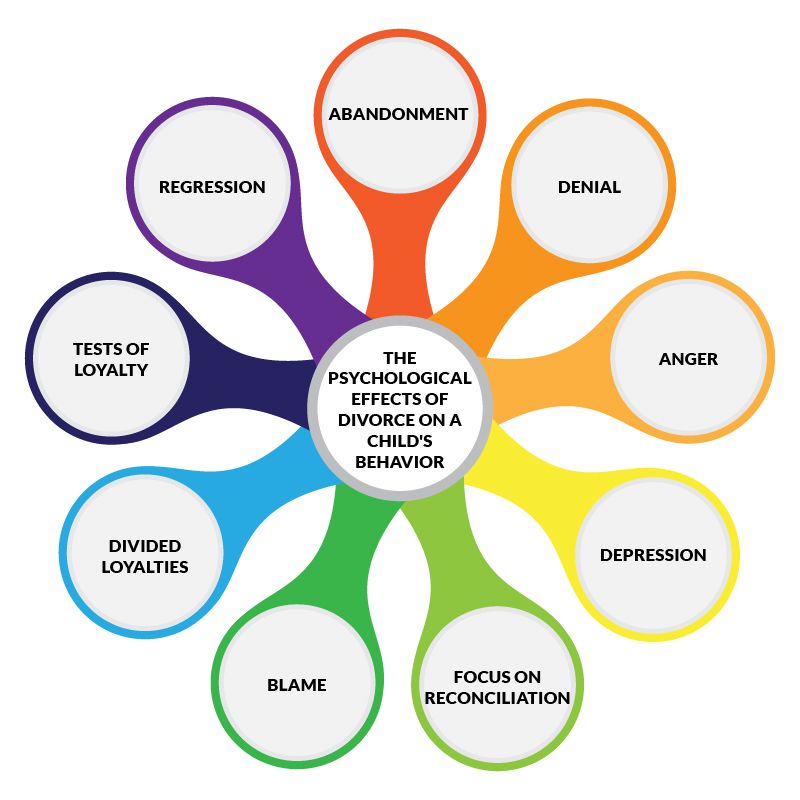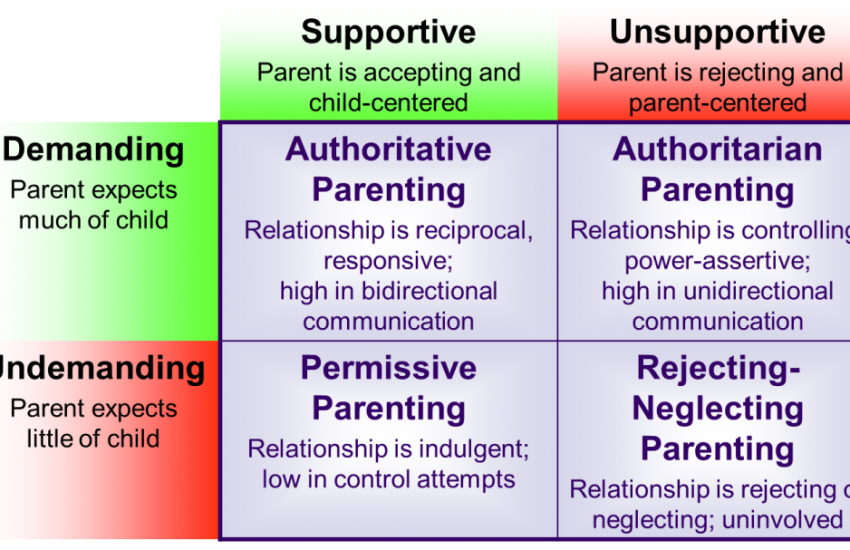The Impact of Divorce on Children and Society
Divorce is a challenging and often painful experience for all parties involved, including children. When parents decide to separate, it can have a significant impact on the well-being and development of their children. Additionally, divorce can also have broader social implications for society as a whole.
Impact on Children
Children of divorced parents often experience a range of negative emotions, including sadness, anger, confusion, and even guilt. They may struggle to understand why their parents are no longer together and may blame themselves for the separation. This can lead to emotional and behavioral issues, such as anxiety, depression, and acting out.
Furthermore, children of divorced parents may also experience academic challenges. The stress and instability that can accompany divorce can interfere with their ability to focus and succeed in school. This can have long-term consequences for their educational outcomes and future opportunities.
Long-Term Effects
Research has shown that the impact of divorce on children can extend into adulthood. Adults who experienced their parents’ divorce as children may struggle with forming and maintaining healthy relationships. They may also be more likely to divorce themselves, perpetuating a cycle of relationship instability.
Additionally, children of divorced parents may also be at a higher risk for physical health problems, such as obesity, heart disease, and diabetes. The stress and trauma of divorce can have a lasting impact on their overall well-being and can increase their vulnerability to various health issues.
Impact on Society
The impact of divorce extends beyond the individual level and can have broader social implications. Divorce can strain social support systems, such as schools, healthcare providers, and social services. Children of divorced parents may require additional support and resources to address the emotional and academic challenges they face.
Furthermore, divorce can also have economic consequences for society as a whole. Single-parent households, which are more common among divorced families, may struggle financially to provide for their children. This can put a strain on social welfare programs and increase the overall financial burden on society.
Conclusion
In conclusion, divorce can have a significant impact on both children and society as a whole. Children of divorced parents may experience emotional, academic, and long-term challenges that can affect their well-being into adulthood. Additionally, divorce can strain social support systems and have economic consequences for society. It is important for parents, policymakers, and communities to work together to support families going through divorce and mitigate the negative effects on children and society.


